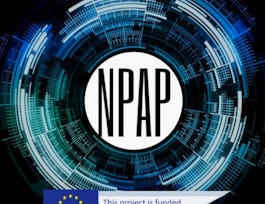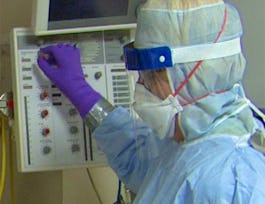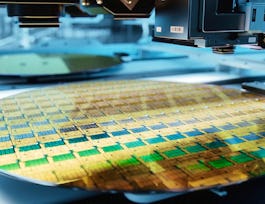Hello and welcome to this course!
The NPAP - Medical Applications of Accelerators is one out of three courses in the Nordic Particle Accelerator Program (NPAP). Here you will be taken on a tour focusing on the medical applications of particle accelerators. You will see that there are two very important, but different, applications of accelerators in hospitals. The first application concerns radiotherapy of tumours and the other concerns the production of medical nuclides for diagnosis and treatment. Both will be included in this course and described through four modules. The first module offers the basic principles of radiotherapy from a medical and physics point of view. You there learn about the main components of the machines used for radiotherapy and get to know why radiotherapy is important for cancer treatments. The second module guides you through the different types of linear accelerators used in the machines for radiotherapy. It also describes the design of the treatment head. The design is important because it is the settings of the treatment head that determines the dose and the radiated region. It is also in the treatment head where the dose given to the patient is measured. In the third module you are introduced to proton therapy. In this type of therapy protons are first accelerated and then guided down to the tumour by magnets. The machines are considerably larger and more expensive than machines used for radio therapy. The module also offers a description and comparison between different types of accelerators, and explains how the protons interact with tissue. Also ions that are heavier than protons can be used in cancer therapy. This is described in the fourth module, where we also introduce you to the production of medical nuclides. You learn how the nuclides are produces in proton and ion accelerators and how the nuclides come into play at different places in hospitals. Medical nuclides are for instance used in Positron Electron Tomography, PET. Enjoy!

















